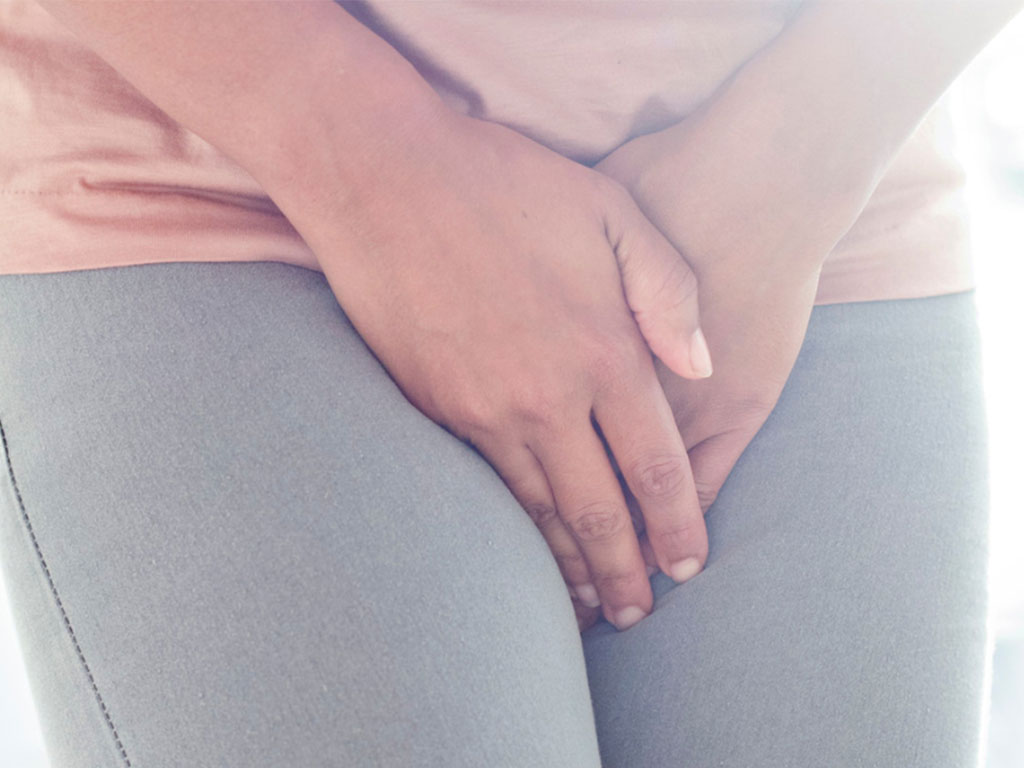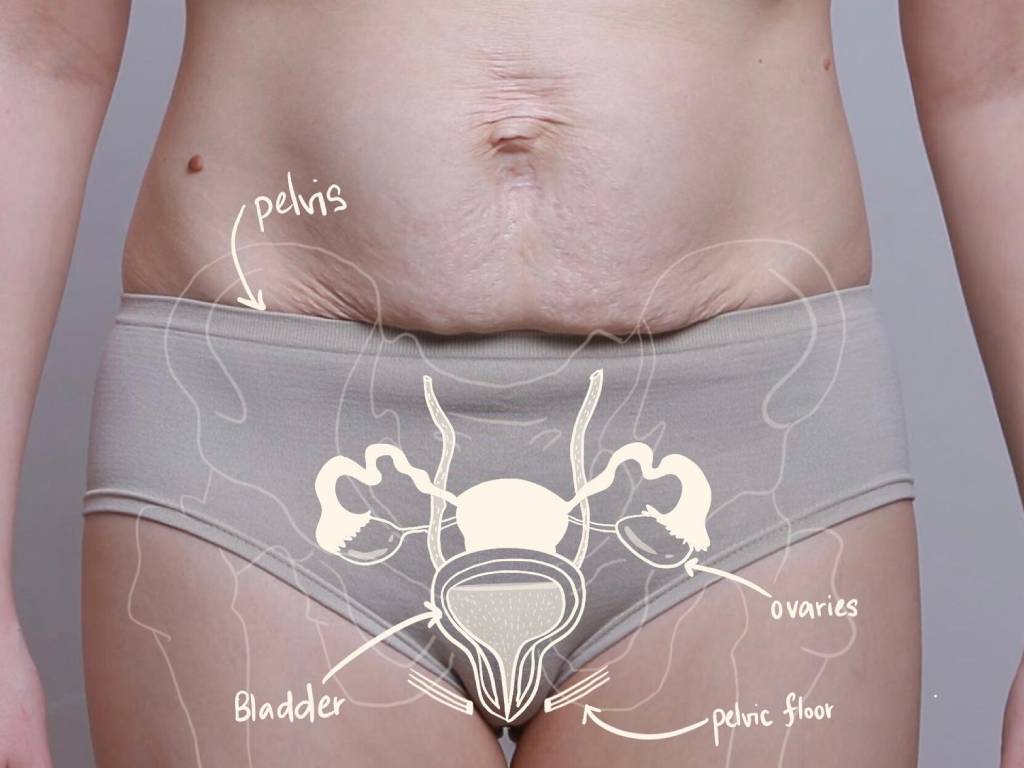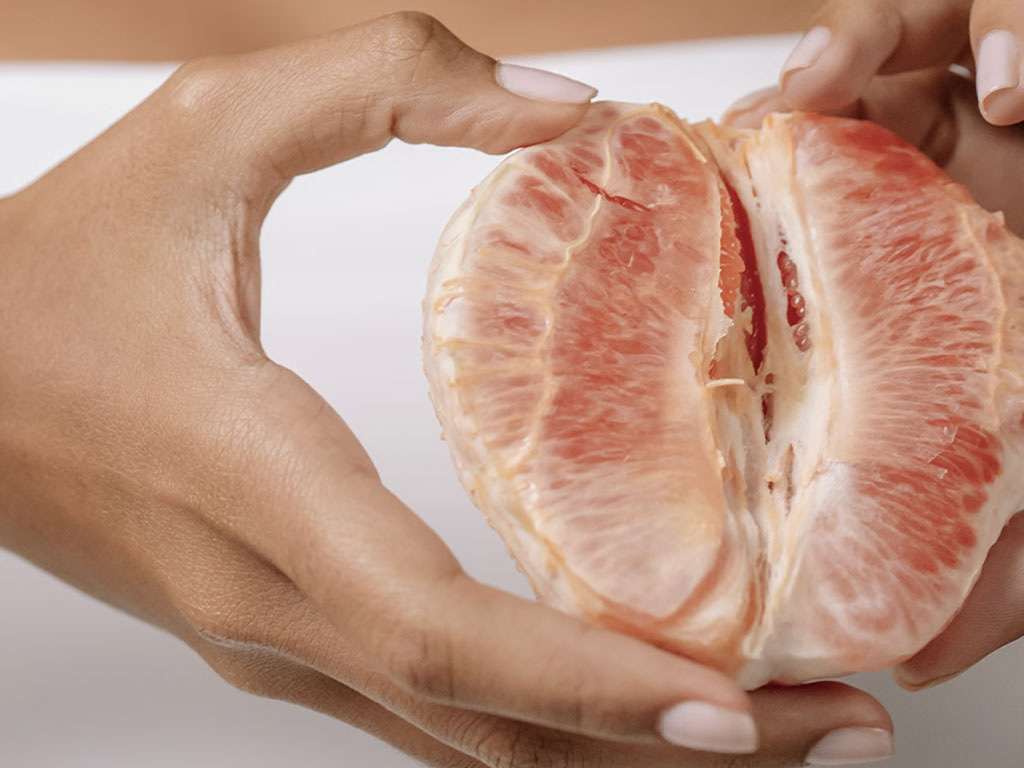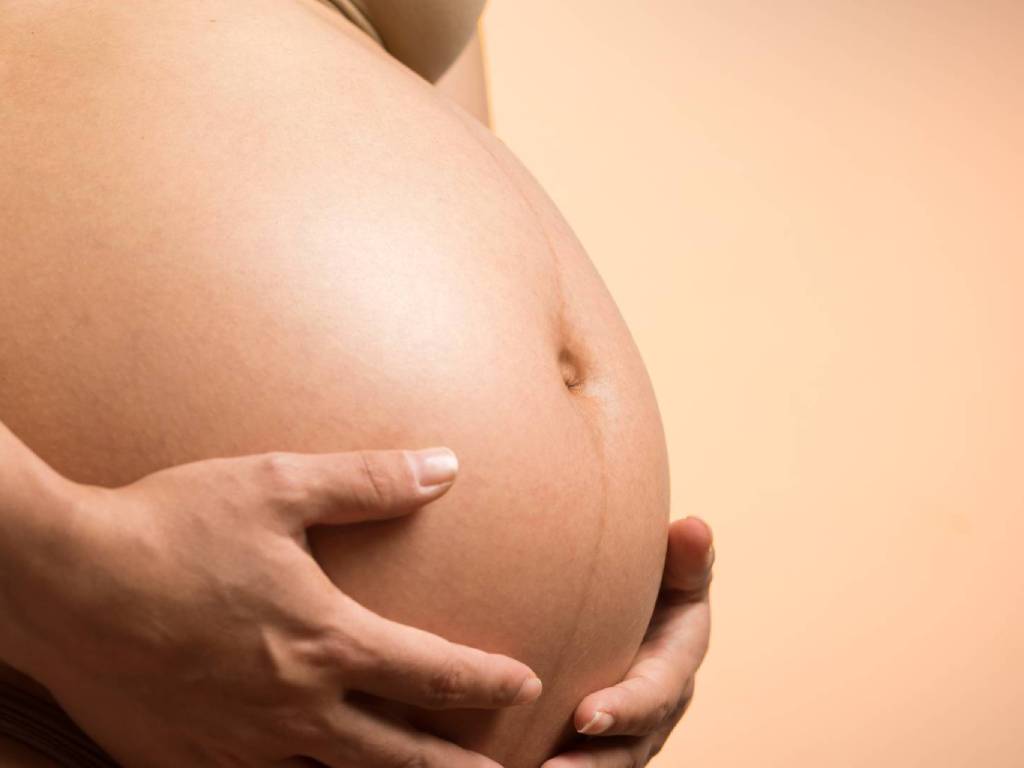With temperatures typically soaring above 30 degrees Celsius in sunny Singapore, can you imagine it possibly getting any hotter? Unfortunately, the stifling heat only gets worse for 8 out of 10 women who are affected by hot flushes during perimenopause and menopause.

Most women become menopausal between the ages of 45 and 55 years, with the average age of onset at around 50 years. As a common symptom of menopause, hot flushes affect around 75-85% of women during this phase and are a natural biological phenomenon that marks the end of a woman’s reproductive years. These vasomotor symptoms are believed to be linked to changes in hormonal levels, particularly oestrogen1, which make the body’s thermoregulatory system become more sensitive and bring about the sudden and drastic temperature changes that are so characteristic of these flashes and sweats.
What are Menopausal Hot Flushes?

Surfacing around the time of menopause, hot flushes generally present as sudden episodes of intense heat accompanied by flushing of the skin, sweating and a rapid heartbeat. They can strike at any time, with varying intensities and duration2 of each episode. While some women experience mild warmth that only lasts a few seconds, others endure waves of extreme heat that last up to minutes at a time, leaving them drenched in sweat. Moreover, episodes might occur from just a handful of times per week or up to multiple times in a single day. The highly inconsistent nature of these hot flushes makes them particularly challenging to manage. It can be an intense and overwhelming experience for many women as they bring about a cascade of undesirable physical and emotional changes that can last for several years, during the period surrounding menopause.
How do they impact your way of life?
To make matters worse, the far-reaching effects of menopausal hot flushes extend beyond the physical discomfort they cause. Disrupted sleep patterns resulting from nighttime episodes can lead to fatigue, irritability and difficulty concentrating the next day. Beyond the physical realm, emotional and psychological impacts can also be profound. Many women report feelings of embarrassment, anxiety and a diminished sense of self-esteem due to the unpredictability of these episodes. In this way, women who experience frequent and severe spells might avoid social gatherings or work-related events due to the fear of potential embarrassment. This can lead to feelings of isolation and significantly impact their lifestyles.

How can you manage your flashes and sweats?
Thankfully, all is not lost and there are strategies one can undertake to manage the discomfort of hot flushes and improve overall quality of life during this phase. Since triggers3 differ from woman to woman, it is first important to recognise and identify them in order to avoid them.
Stress – Many people report having hot flashes when they are nervous or anxious. This is because stress can boost the flight-or-fight reaction, and the surge of adrenaline and cortisol that occurs when we sense a threat may induce a hot flash. Deal with it by developing your ability to relax through learning deep breathing techniques, or beginning a regular yoga or tai chi practice.
Spicy Foods4 – Spicy meals, unsurprisingly, can aggravate heat flashes. Foods that are high on the heat scale contain the heat-producing compound capsaicin which can act as a vasodilator and cause perspiration, flushing and other signs of hot flashes. If you become hot easily or have high blood pressure, avoid spicy foods such as chilli peppers, jalapenos and cayenne. Instead, experiment with similar but less incendiary ingredients in your own kitchen and use spices like cumin, curry, turmeric, and basil to add flavour to your food without the heat. If you are dining out, try asking the chef to turn down the spice levels a notch or two.
Alcohol – Drinking alcohol may cause blood vessels to dilate and many people report red wine in particular seems to trigger hot flashes. If you still want to indulge occasionally, you could always switch from wine to a nonalcoholic alternative. That being said, you may not have to abstain altogether. If red seems to set your skin on fire, try white. You could also water down your wine with juice, fresh fruit, and ice cubes, for a refreshing but less potent fix.
Temperature Changes – When the weather warms, so does your skin, which some menopausal women connect with hot flashes. However, any temperature change, such as transitioning from an air-conditioned office to the sunny outdoors, or from a heated living room to chilly outdoor weather, might cause a hot flash. This is because the body has a shorter range of temperatures that it perceives as comfortable during menopause. As such, any deviation from that comfort zone can result in a hot flash. To cope, set the thermostat to a steady temperature when you are indoors and dress in layers that you can remove as the day warms up.

How can Orchard Clinic aid in managing menopausal symptoms?
Thankfully, these episodes will not last forever and will decrease in frequency and intensity over time, eventually subsiding four to five years postmenopause. If you’re looking to alleviate hot flush symptoms by managing stress levels, you can consider participating in our Floorwork programmes. Curated by professionally certified instructors, our programmes provide the right balance of zen, resistance and strength training for menopausal women.
That being said, menopausal hot flushes and night sweats are just two of the many conditions associated with the onset of menopause. As a specialised treatment centre for women, Orchard Clinic is able to assess, prevent and treat common menopause-related conditions such as incontinence, pelvic floor issues and loss of lean muscle mass.
For example, our Emsella machines help to strengthen weakened pelvic floor muscles through the emission of high-intensity electromagnetic (HIFEM) waves to stimulate supramaximal contractions within the pelvic floor muscles – just 30 minutes on the machine is equivalent to doing over 10,000 kegels! Start your journey with us through the assessment and experience trial. Our professionally trained Consultants will conduct a basic body assessment to check for some of the common body conditions in menopausal women.
Only by acknowledging the significance of hot flushes and recognising the various avenues of support, can women empower themselves to transition through menopause with a sense of control and confidence. While the waves of change might be unpredictable, the ability to navigate them with strength and resilience is always within reach at Orchard Clinic.
- https://www.hopkinsmedicine.org/health/conditions-and-diseases/introduction-to-menopause#:~:text=These%20flashes%20seem%20to%20be,in%20a%20woman’s%20heart%20rate
- https://www.mayoclinic.org/diseases-conditions/hot-flashes/symptoms-causes/syc-20352790
- https://my.clevelandclinic.org/health/articles/15223-hot-flashes
- https://www.everydayhealth.com/hs/menopause-resource-center/foods-to-avoid/
Orchard
302 Orchard Road, Tong Building
#06-03 Singapore 238862
| Mon, Wed, Fri, Sat | 9:00AM – 6:00PM |
| Tue & Thu | 9:00AM – 8:00PM |
| Sun & PH | Closed |
Parkway Parade
80 Marine Parade Road, Parkway Parade Office Tower
#08-04 Singapore 449269
| Mon, Wed, Thu, Fri, Sat | 9:00AM – 6:00PM |
| Tue | 9:00AM – 8:00PM |
| Sun & PH | Closed |
Bukit Timah
1 Fifth Avenue, Guthrie House
#02-04 Singapore 268802
| Mon to Sat | 9:00AM – 6:00PM |
| Sun & PH | Closed |
Copyright © 2024 Orchard Clinic. All Rights Reserved. Privacy Policy | Sitemap




















